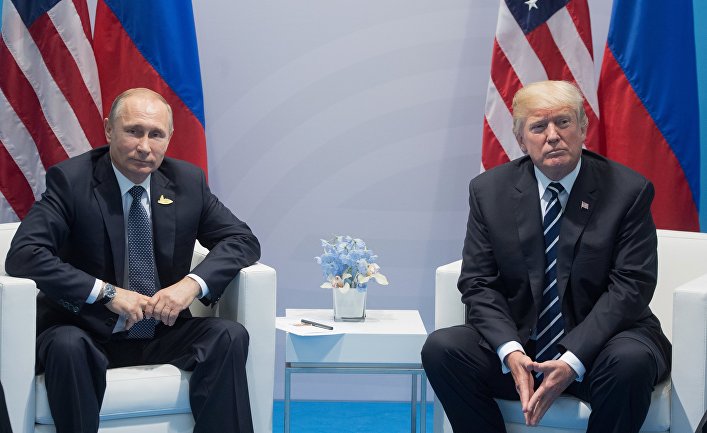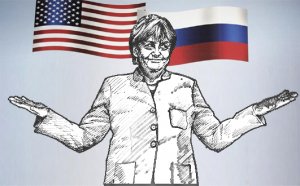Ben Aris
.
An article entitled "Why the Ukraine Crisis Is the West's Fault," by well respected academic John J. Mearsheimer has put the cat amongst the pigeons, by laying the blame for the show down in Ukraine between Russia and the west squarely on the west's shoulders.
Mearsheimer, the Professor of Political Science at the University of Chicago, said in his piece: "the United States and its European allies share most of the responsibility for the crisis. The taproot of the trouble is NATO enlargement, the central element of a larger strategy to move Ukraine out of Russia's orbit and integrate it into the West. At the same time, the EU's expansion eastward and the West's backing of the pro-democracy movement in Ukraine - beginning with the Orange Revolution in 2004 - were critical elements, too For Putin, the illegal overthrow of Ukraine's democratically elected and pro-Russian president - which he rightly labelled a "coup - was the final straw. He responded by taking Crimea, a peninsula he feared would host a NATO naval base, and working to destabilize Ukraine until it abandoned its efforts to join the West."
This piece follows closely on the heels of a similar piece making similar arguments by professor Stephen Cohen of the New York University that appeared in both bneand The Nation last week that got him branded "America's number one apologist for Putin."
While Cohen has made himself a controversial figure Mearsheimer is a lot harder to dismiss. bne has been making the same arguments since the start of the conflict: the EU deal with the Ukraine is seen by Russia as a red line which see it as a threating its two strategic assets in the country (the gas export pipeline to Europe and its warm water naval base) as well as possible expansion of Nato to Russia's border.
But as Cohen points out in his op-ed, whatever you think of these arguments it is at least a real argument, as Putin has made exactly these points very clearly in several speeches, and so should be discussed in the press and corridors of power if a solution of the crisis is to be found. Yet most of the press and government are dismissing this line of thought out of hand. Swedish academic Anders Aslund wrote a rebuttal a few days later entitled: "Is the West to Blame for Russia's Aggression in Ukraine? Of Course Not!" which descended from a superficial attempt to discount some of Mearsheimer's arguments (those dismissing Mearsheimer's claim the current government's take over from former Ukrainian President Viktor Yanukovych was a coup are particularly thin) to simple ad hominem attacks before equating Putin to Hitler - a classic heavy handed rhetorical device that should always raise red flags in any debate.
However, beneath the academic slug-fest is a more serious debate over the question: do we live in an ideal world where small/weak countries have the right to self-determination and/or right to join Nato irrespectively or the realpolitik view that says they have to take into account the desires of their bigger and more powerful neighbours and find a compromise.
The advocates of the former would say that the US as the world's policeman has a responsibility to ensure the "freedom" ideal is upheld. Those arguing the latter would claim that the USA only supports these ideals in countries where it believes it has a strategic interest (and in this case bringing Ukraine into the European fold serves the US' de facto policy of containing Russia) and point to America's multiple wars in recent years as well as the wars it has not fought (such as against North Korea) as evidence that this is in fact the way international relations are run.
Still, the appearance of Mearsheimer's piece is a good thing as it will hopefully force a bit more debate over what is going on in Ukraine and how to end it. Putin's ruse of sending a humanitarian aid convoy to Ukraine has been successful in as far as it has forced the press to focus a bit more on the human cost of the tragedy playing out in East Ukraine and stories suggesting that the death toll is far higher than the officially number of around 2000 are also gathering some momentum and need to be properly investigated. All in all a bit more clarity and objectivity is needed by all parties. The international press have been blindly following the west's lead (for example the number of Ukrainian army deaths are reported in detail, while the cilivian deaths from Grad rocket attacks are skated over). And for its part the Russian press has repeatedly been caught simply making things up to make Kyiv look bad.



_jpg/250px-ElbeDay1945_(NARA_ww2-121).jpg)









